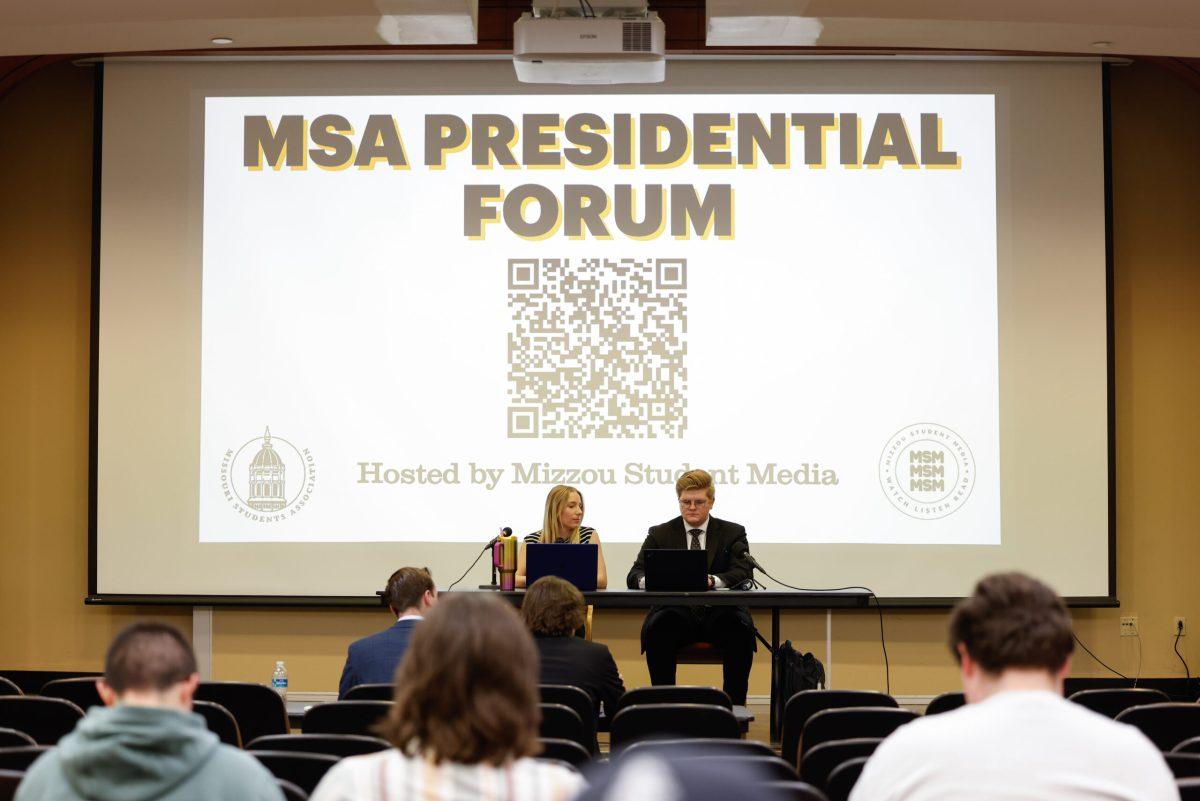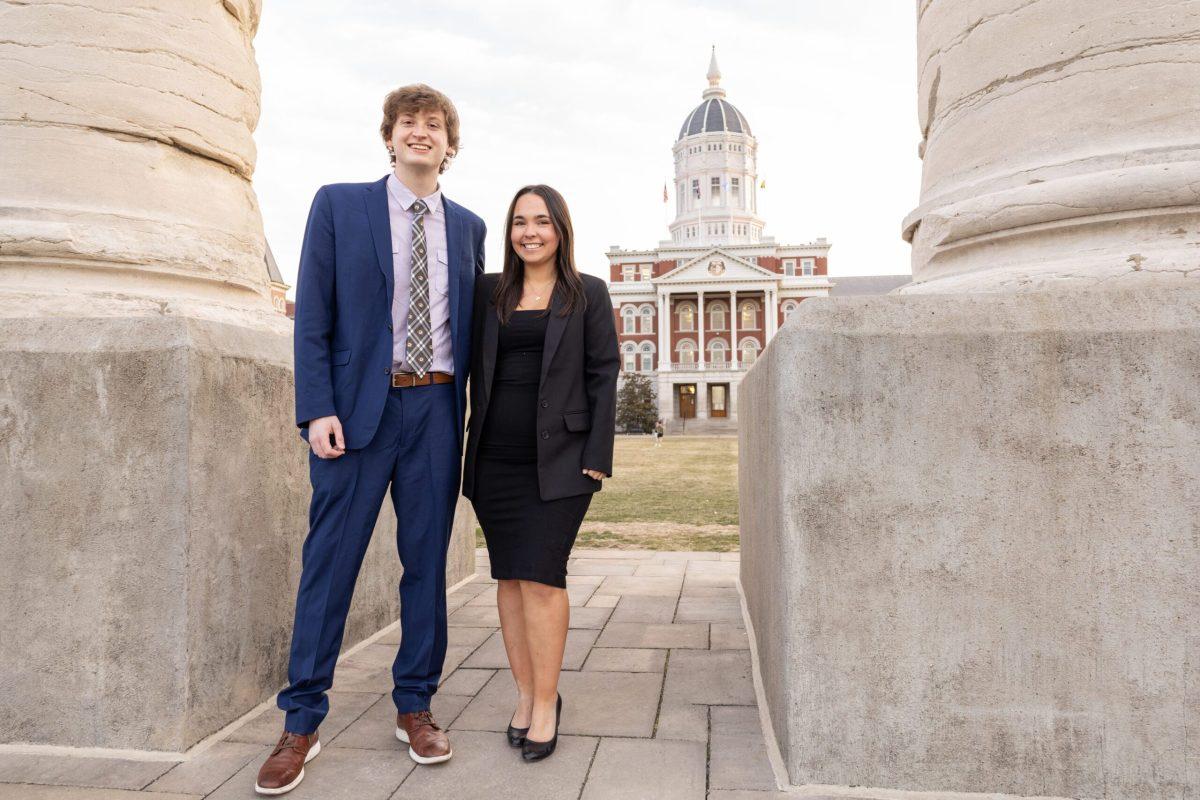MU is now testing SpotterEDU, an app used to track attendance in classrooms. The pilot test taking place during the spring 2020 semester will include participation from approximately 20 courses. During this period, MU will assess whether the use of the app improves attendance and academic success in class.
The app was developed in 2015 by Rick Carter, a former MU basketball coach, as a way to track the attendance of student athletes. Many universities track student athletes’ attendance through various methods.
Parents, students and several news sources have expressed privacy concerns over the app’s tracking abilities. To detect students’ locations, the app uses Bluetooth Low Energy technology to transmit data over short distances. SpotterEDU states that its app only tracks students during classroom hours, offering privacy when students are outside of the classroom range.
Madison Peacock, a freshman biology and psychology major, is not concerned about privacy.
“The app works through Bluetooth, and Bluetooth only connects so far,” she said. “So if I am outside of the room and not in range of the Bluetooth it won’t know where I am.”
Outside of manual records or not taking attendance, other professors on campus use apps such as iClicker Reef and Top Hat; both require manually clicking prompts within the app to sign in to class.
“I think [SpotterEDU] is a more honest way of taking attendance because with iClicker you can access it almost anywhere on campus so you don’t actually have to be in class,” Peacock said. “Tophat is similar, the only difference is you have to have a code to sign in.”
The issue of privacy in the digital age has become increasingly complex as technology advances. Many social media platforms track users’ information through algorithms designed to increase advertising revenue. The practice is the target of much political controversy as platforms, government and society alike work to navigate the issue.
Cell phone companies also record cell site location information through the information cell phones send to cell towers. The police and government can request this data; however, the landmark case Carpenter v. U.S. decided that the warrantless search and seizure of extensive cell phone records violates the Fourth Amendment.
SpotterEDU assures in many statements that its main goal is keeping students responsible and accountable, not to track students’ every location. Its privacy policy does note that the app will disregard a “Do Not Track” signal, a web browser setting that requests apps to disable tracking. Most companies disregard this signal because there is no universal consensus on how it should be interpreted.
MU Assistant Professional Practice Professor Jim Ries uses the app in his Computer Science 1050 class. Although he also expresses privacy concerns, he believes that attendance has improved because of the app. He did not previously take attendance due to the large amount of students in his class.
“Just ‘eye-balling’ the classroom, I believe a larger percentage of students attend,” he said. “I expect academic performance will improve.”
Ries added that his class faces several technological issues with the app.
“I plan to provide feedback to SpotterEDU,” he said. “I have not decided whether I will continue using it in future semesters or not.”
Art Jago, professor emeritus of management at the Trulaske College of Business, has a different take on the matter. In an Op-Ed for the Columbia Daily Tribune, he writes about his concern for the obsession of tracking attendance in college classrooms.
“I have never wanted students in my class who do not want to be there,” he writes. “Active, inquisitive, creative students who are internally motivated create a productive class climate that is self-reinforcing and sustainable.”
_Edited by Ben Scott | [email protected]_













